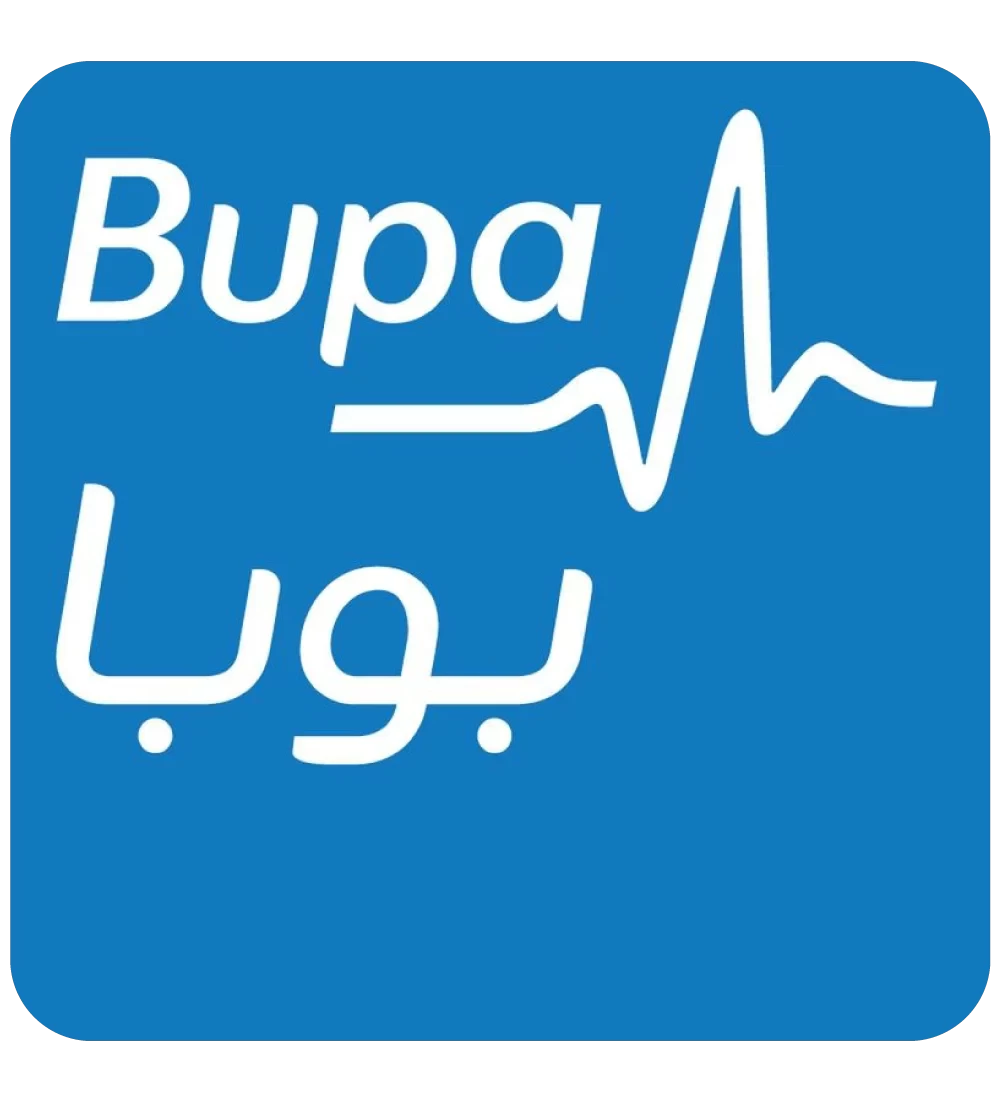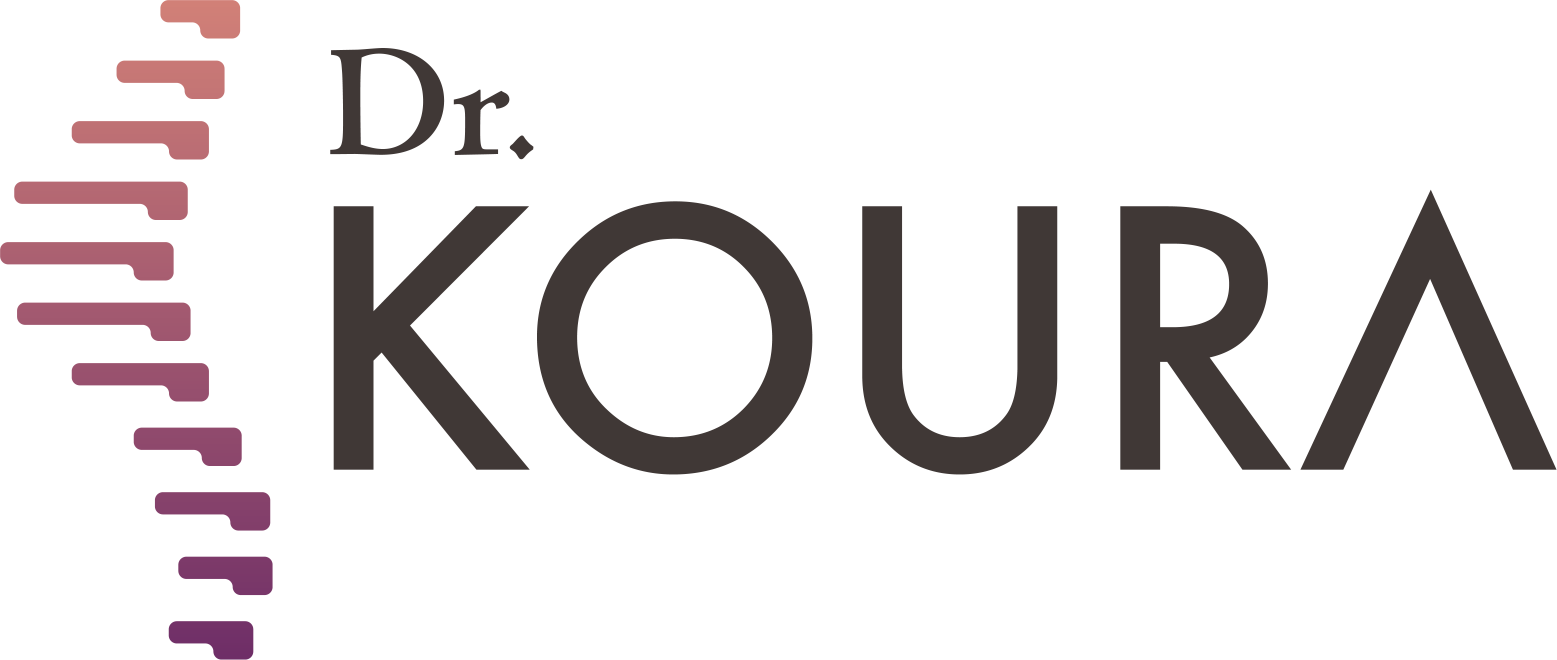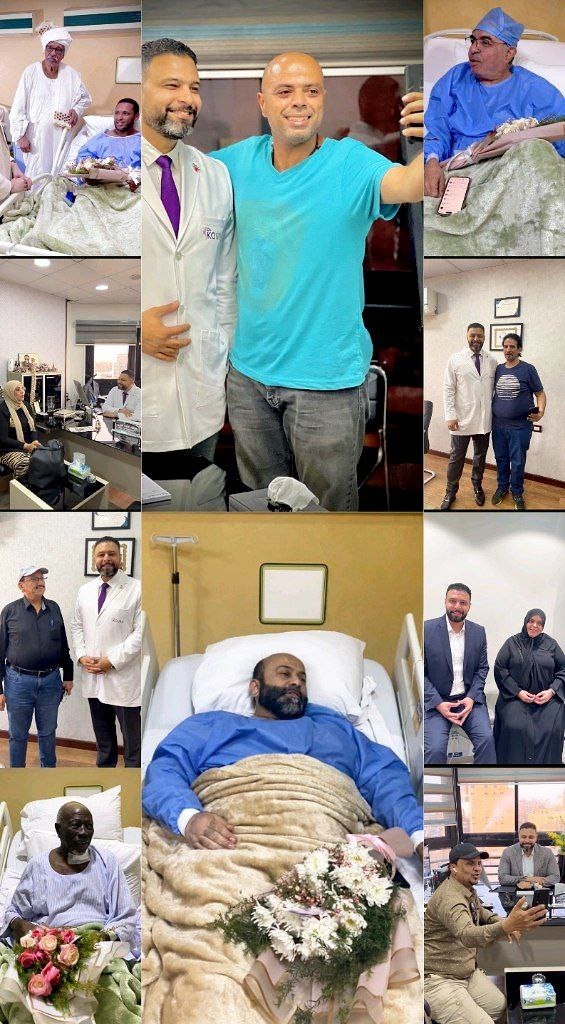
To see patients' reviews
Click hereHealthy sleeping for cervical disc herniation patients
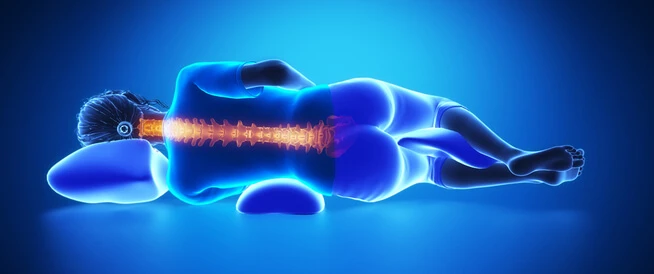

Healthy Sleep for Patients with Cervical Disc Herniation
Healthy sleep is considered one of the essential elements for improving the quality of life for patients with cervical disc herniation, as it helps alleviate symptoms and promote healing. Good rest is not just a luxury; it is a pressing necessity to face the challenges of this annoying condition. But have you ever wondered how to achieve ideal sleep that reduces neck pain and enhances recovery? In this article, we will explore the importance of healthy sleep and how to achieve it for patients with cervical disc herniation. We will also highlight Dr. Mohamed Koura's center, which is considered one of the best centers for diagnosis and non-surgical treatment. Dr. Mohamed Koura is one of the best neurosurgeons, providing the best treatment for cervical discs while focusing on modern and effective techniques. We will also discuss the symptoms of cervical disc herniation and effective treatment methods for cervical disc displacement, to assist you on your journey toward health and wellness.
What is Cervical Disc Herniation? Causes and Symptoms
Cervical disc herniation is a common condition that affects many people, especially as they age. Over time, the discs located between the vertebrae of the neck, responsible for facilitating movement, lose their flexibility, leading to neck pain. This wear and increasing friction between the vertebrae cause the discs to tear and deviate from their natural position, resulting in pressure on the nerve roots. The symptoms of this herniation manifest as severe pain and stiffness in the neck muscles, in addition to pain radiating to the arms and fingers. Patients may also experience tingling, numbness, neck and shoulder pain, as well as headaches and difficulty moving the neck, which hinders daily activities. This type of herniation is more common among older individuals and those who work in jobs requiring heavy lifting, prolonged sitting, or those who engage in vigorous sports.
Tips for Healthy Sleep for Patients with Cervical Disc Herniation
Patients with cervical disc herniation often experience discomfort while sleeping due to severe pain that affects their activity and productivity during the day. Additionally, incorrect sleeping positions can exacerbate symptoms.
Sleeping on the back is one of the best sleeping positions for patients with cervical disc herniation, as it provides stability for the head and neck and distributes the pressure from body weight evenly across the spine. It is advisable to use a comfortable pillow to support the neck and reduce pressure on the vertebrae.
Sleeping on one side comes in second place, as it can help alleviate neck pain if a wide pillow is used to keep the head and neck aligned with the spine.
Generally, sleeping on the stomach is not recommended because it puts pressure on the back muscles. However, if some patients find no comfort except in this position, it is advised to use a thin pillow or sleep without a pillow to avoid twisting the neck.
Finally, many patients find comfort in sleeping in a seated position, especially pregnant women and patients with cervical disc herniation. It is recommended to use a pillow to support the neck and lower back to ensure body alignment and reduce pressure.
Important Steps to Manage Cervical Disc Herniation
When diagnosed with cervical disc herniation, the doctor relies on a set of tests such as X-rays, CT scans, and MRI to accurately assess the condition. After diagnosis, the doctor provides important advice to alleviate pain and facilitate the treatment journey. Here are some of the key recommendations:
- Complete Rest: Avoid vigorous activities and lifting heavy objects that may put additional pressure on the back vertebrae.
- Avoid Unverified Remedies: Do not follow popular remedies such as herbs or insect bites, as they may exacerbate symptoms.
- Follow the Correct Sleeping Method: It is preferable to sleep on the back or on one side using supportive pillows for the neck.
- Healthy Diet: Maintain a healthy weight, as excess weight increases pressure on the cervical vertebrae.
- Exercise: Engage in exercises that help relax the neck muscles and relieve pressure on the vertebrae.
- Use a Neck Brace: Wear a neck brace when sitting for long periods or during work.
- Adhere to Medications: Take medications prescribed by the doctor to alleviate pain and reduce inflammation.
It is crucial not to ignore treating cervical disc pain and rely solely on painkillers, as there are modern methods for treating cervical disc herniation without surgery, such as thermal radiofrequency and disc ablation, performed by Dr. Mohamed Koura. If you have been suffering from neck or spinal pain for a long time, do not hesitate to visit us to end your suffering.
In conclusion, cervical disc herniation is a health challenge that requires special attention and careful care. Following the appropriate advice and conducting necessary tests can help alleviate pain and improve quality of life. It is also essential to rely on specialized doctors to achieve the best treatment outcomes. Dr. Mohamed Koura is among the leading physicians in this field, providing accurate diagnosis and effective treatment without surgery, making him the ideal choice for patients seeking comfort and recovery. If you are suffering from neck pain, visiting Dr. Mohamed Koura may be the first step toward healing and restoring your normal life.
Dr. Mohamed Koura is here to assist you using the latest therapeutic techniques, including thermal radiofrequency and laser treatments for spinal pain without surgery—book your appointment now from here.
Why Choose Dr. Mohamed Koura ?
Simply because he is the best doctor in his feild. He stays updated on the latest treatment technologies through his participation in various international conferences with leading foreign doctors and experts. Finally, and most importantly, Dr. Mohamed Koura is the best doctor in Egypt and the Arab world, possessing 12 non-surgical techniques for treating spinal and joint problems. He was the first to introduce modern interventional treatment techniques in Egypt & the Middle East and is the only one using the disc fx technique to treat spinal pain.
To see patients' reviews
Click hereCertainly not, some cases must be treated surgically, and the most appropriate technique for the patient is determined through a medical examination and the presence of imaging studies.
No, it is necessary to make a reservation through a phone call or social media messages.
There are no risks or side effects associated with non-surgical pain interventions.
The patient needs only 3 to 4 days before they can travel comfortably, and the hospital stay does not exceed 6 to 8 hours.
A condition cannot be accurately assessed and a proper medical diagnosis made without a medical examination and recent imaging studies.
Yes, there are several payment methods available through Visa or electronic wallets by making a reservation on our website.
Certainly, obesity is one of the causes of knee osteoarthritis.
Radiofrequency activates the nerve and does not cause any damage to it.
Non-surgical interventions are a definitive treatment for some cases and pain relievers for other cases, which is determined by the doctor through a medical examination.
If the herniated disc is fully treated, there is a possibility of it reoccurring in some cases, such as not following the doctor's prescribed instructions after the intervention, experiencing an accident, or making a sudden wrong movement like lifting heavy objects.
The entire disc is not removed due to the presence of several risks and it may exacerbate the condition. Only the protruding part that causes pain is removed.
This cannot be done with radiofrequency, but it is performed through other techniques that Dr. Koura conducts.
The success or failure of non-surgical interventions cannot be judged through radiographic imaging because these procedures involve making subtle changes to critical parts to address the issue. Consequently, they do not produce significant changes to avoid potential complications in the future or damage to the spine and joints, which is our primary goal.
Spinal stenosis does not typically cause sciatica. In most cases, disc herniation is what may lead to sciatica. This does not necessarily mean that a patient with sciatica will also have spinal stenosis.
Sciatica may return if the patient does not adhere to the medical instructions provided by the doctor or in the event of an unexpected accident.
Lower back pain can result from several causes, including a herniated disc, nerve compression, muscle strain, or chronic spinal injuries. Lifestyle factors such as prolonged sitting, muscle weakness, and excess weight can also exacerbate the problem.
A life without pain without surgery
Once you book with Dr. Koura
Get rid of pain with just one call.. Book your appointment now with pain Management consultant Dr. Koura.
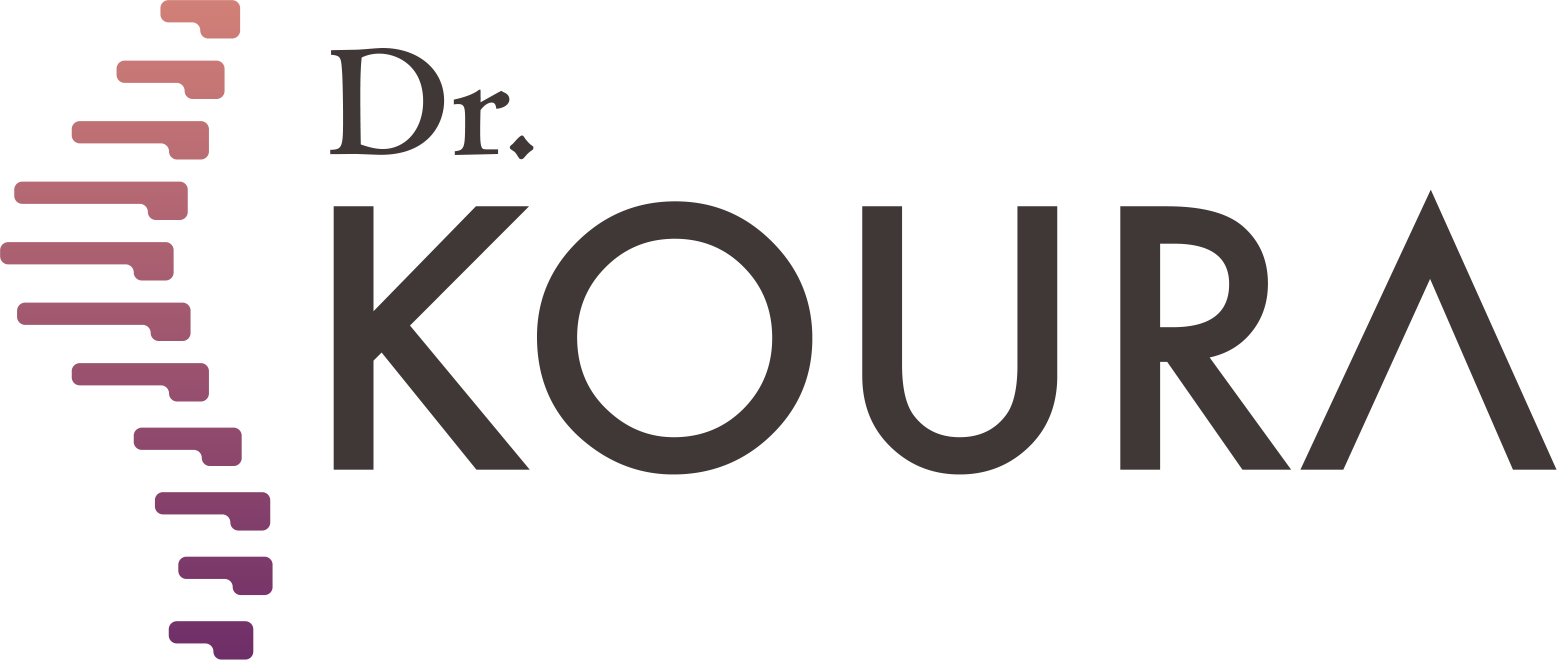





-webp.webp)




-webp.webp)





















